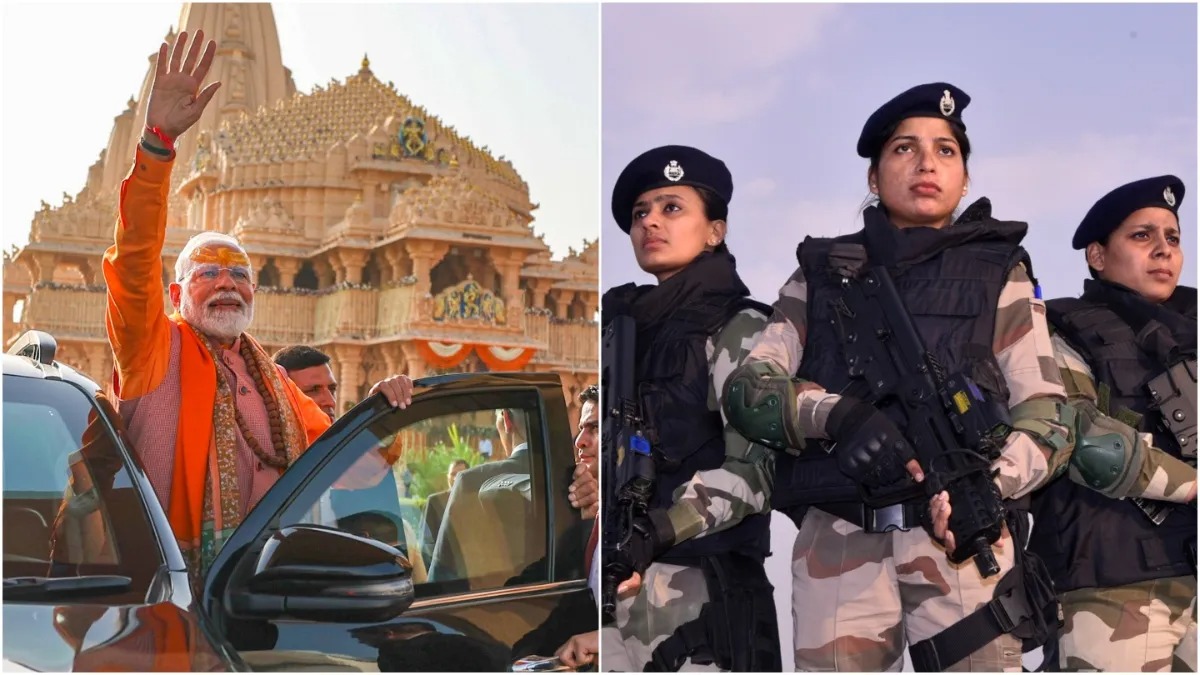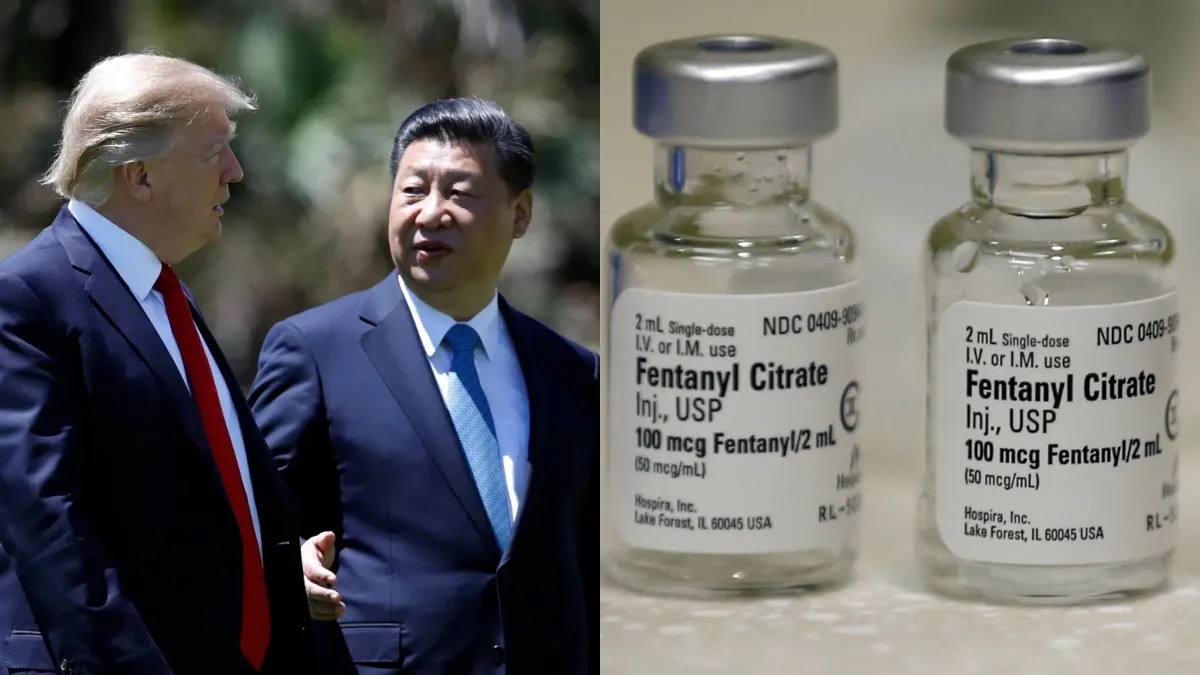
Former Delhi Health Minister and senior Aam Aadmi Party (AAP) leader Satyendra Jain got bail in a money laundering case. A city court granted bail to the AAP leader on Friday afternoon, and a few hours later he came out of Tihar Jail. Delhi Chief Minister Atishi and many senior AAP leaders including Manish Sisodia, and Sanjay Singh welcomed Satyendra Jain outside Tihar.
Dirty politics going on in the country: Satyendra Jain
After being released from Tihar Jail, former Delhi minister and AAP leader Satyendra Jain said, the direction in which the politics of this country is going is visible to everyone. Arvind Kejriwal tried to go against that direction. He raised a voice against the big leaders. He (Arvind Kejriwal) brought together many common people, but a common man cannot contest elections in this country.
BJP wants to defame Kejriwal
Satyendra Jain said, they say that common people should not come into politics. They (BJP) want to defame Arvind Kejriwal and show that they are also like us, but this is not so. If this was the case then Arvind Kejriwal would not have gone to jail, he would have turned back. Arvind Kejriwal also went to jail and all his soldiers also went to jail. The AAP leader further said, Arvind Kejriwal had already said that this is a river of fire and we have to swim across it. But it became a river of fire for us and we had to swim from the jail.
In which case was Satyendra Jain arrested?
Let us tell you that Satyendra Jain was arrested in the year 2022 in a money laundering case related to the Delhi liquor policy. The ED case was based on an FIR registered against Jain by the Central Bureau of Investigation (CBI) in 2021 under the Prevention of Corruption Act. Satyendra Jain was the fourth leader to be arrested in this case. Earlier, Arvind Kejriwal, Manish Sisodia, and Sanjay Singh were arrested, and later got bail.
What is the money laundering case related to the liquor scam?
Let us tell you that in November 2021, the Kejriwal government implemented a new liquor policy in the capital Delhi. Before implementing the policy, there were 864 liquor shops in the city, out of which 475 were government-owned. But, under the new policy, the government completely came out of the liquor business and this business was handed over to private hands. After the new policy, liquor traders started getting a retail margin of Rs 363.27 on a 750 ml bottle. All this earned huge profits for the businessmen, as well as the government's income also increased.

 Share
Share






